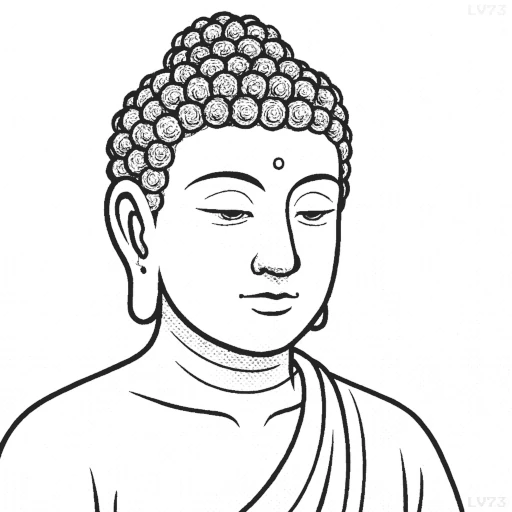“Better than a thousand hollow words, is one word that brings peace.”

- 7th century BC to 5th century BC
- Indian
- Religious leader, thinker
table of contents
Quote
“Better than a thousand hollow words, is one word that brings peace.”
Explanation
This quote highlights the power of meaningful speech over empty words. It suggests that a single word, if it brings peace, is more valuable than countless words that lack substance or intention. In a world filled with noise and constant chatter, the quote encourages the practice of speaking mindfully, focusing on words that promote understanding, compassion, and calm. Rather than filling conversations with superficial or empty remarks, one should strive to use speech that contributes to harmony and clarity.
In modern society, where communication is often quick and reactive, this message serves as a reminder to choose words carefully. Whether in personal relationships or public discourse, a single word of kindness, encouragement, or wisdom can have a much greater impact than many words spoken without thought. For instance, offering a reassuring word during a moment of distress can be far more effective than a long-winded explanation. By practicing mindful speech, individuals can foster peace and build stronger connections with others.
Historically, Buddha’s teachings emphasized the importance of right speech as part of the Eightfold Path. He taught that speech should be truthful, kind, and beneficial—aimed at promoting peace and understanding. In this way, the quote encourages us to value the quality of our words over their quantity, aligning with Buddha’s belief that true wisdom and compassion are conveyed through speech that nurtures peace rather than conflict.
Would you like to share your impressions or related stories about this quote in the comments section?



